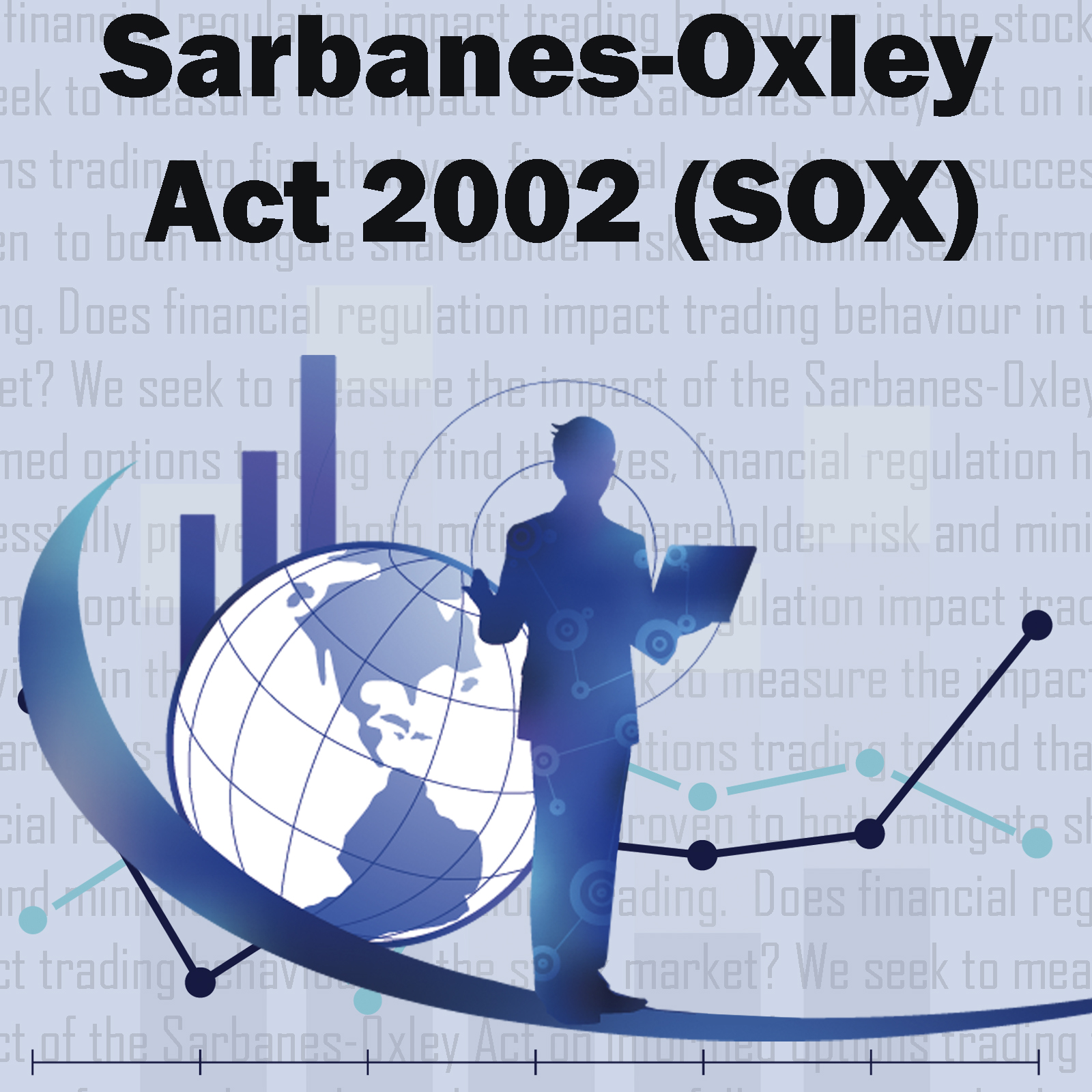Trading and Regulation

This overview is based on the paper titled “The Sarbanes-Oxley act and informed trading in the options market: Evidence from share repurchases announcements”, authored by Ihsan Badshah, Hardjo Koerniadi and James Kolari, and is published in the International Review of Finance
Does financial regulation impact trading behaviour in the stock market? We seek to measure the impact of the Sarbanes-Oxley Act on informed options trading to find that yes, financial regulation has successfully proven to both mitigate shareholder risk and minimise informed options trading.
Following the collapse of Enron and Worldcom, the Sarbanes-Oxley Act 2002 (SOX) was implemented to mitigate fraudulent accounting behaviour due to the high risks and high losses previously endured by shareholders. Under SOX, parties known to destroy, alter or fabricate records, acting to deceive shareholders, will be struck with higher penalties. Our study’s objective is to test the impact of SOX on informed trading in the options market during large corporate events such as share repurchase announcements. Informed trading is due to the presence of asymmetric information in the market. This occurs when investors obtain undisclosed material information, allowing an unfair advantage over other investors. Whilst earlier research documents that options markets contain information about future stock prices. Options markets are preferred trading platforms for informed traders due to their low trading costs, limited downside risks and short sale access.
Our study extends on previous research proving that the Sarbanes-Oxley Act 2002 had significantly reduced financial asset mispricing and inefficiency in the market. Our analysis has found that prior to the enactment of SOX, investors trading options were profitable acting on their expectations of stock price changes. However, after SOX was in place, our measure for informed options trading was unable to predict expected stock returns related to share repurchase announcements. This allows us to deduce that SOX successfully reduced informed trading in the derivative options market, proving beneficial for investors as asymmetric information is minimised, thus leading to more efficient financial markets. This study focussed on informed trading around share repurchase announcements however this research can be extended to other major corporate announcements. Studies around financial regulation are important for policy makers as effectiveness should be measured to support decision making on future policy implications.
.
Publications
Our members have published articles in a number of well respected national and international journals.